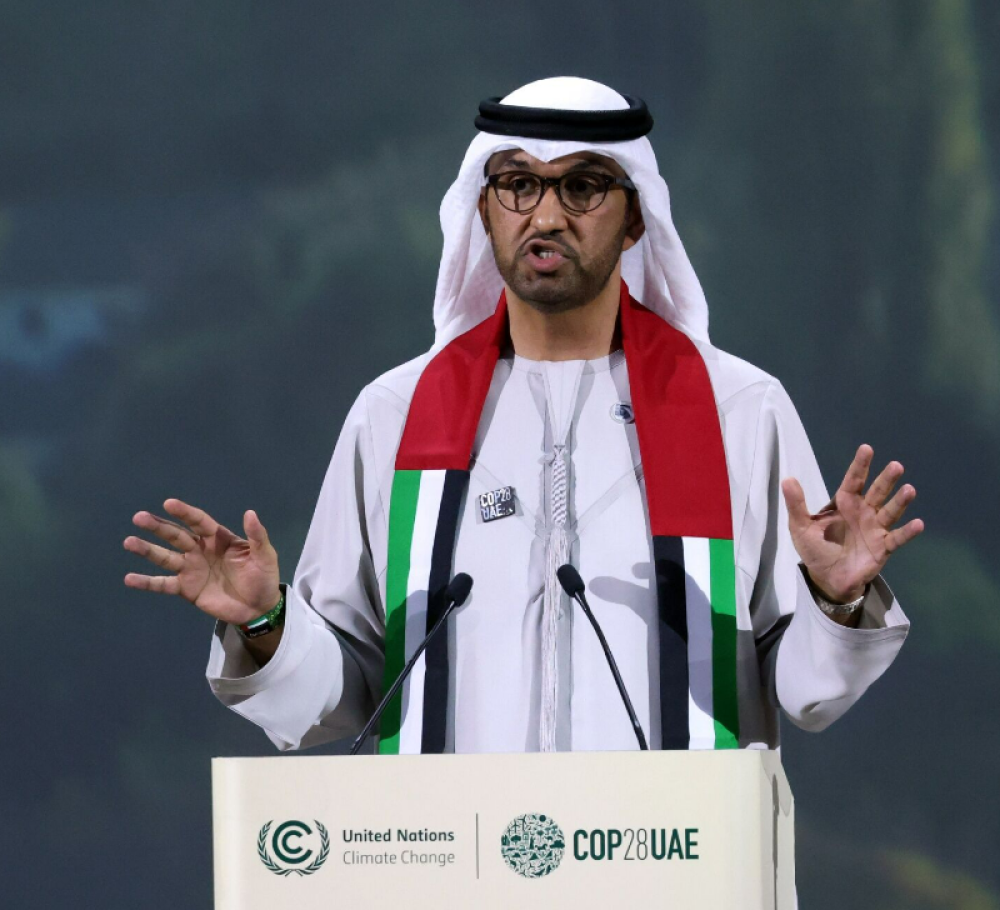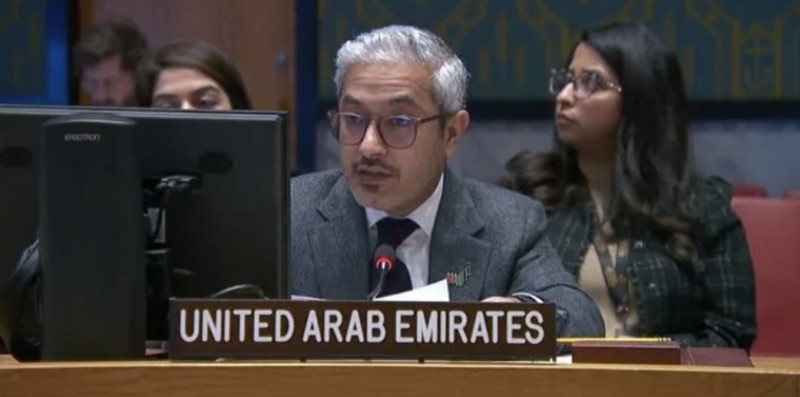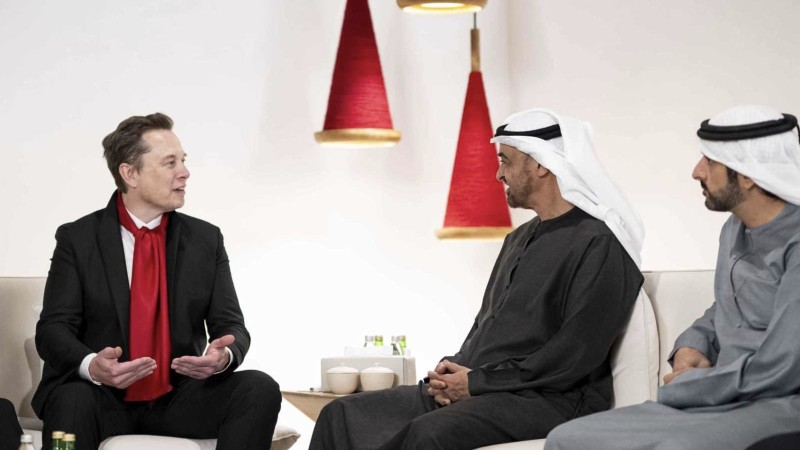COP28 Draft Climate Deal Floats Fossil Fuel Cuts for First Time


The United Arab Emirates, presiding over this year’s COP28 climate talks, presented a draft deal that called on countries to cut their consumption and production of fossil fuels, trying to end an impasse between developed countries and petrostates with less than 24 hours until the summit is due to end.
If the language stays, it would mark the first time in nearly three decades that a call to reduce fossil fuels made it into the final deal at a United Nations climate summit.
The 21-page plan is meant to bring projections of global temperature increases to below 1.5C, and calls on the reduction of fossil fuels to be “just” and “orderly.” The text also says that coal should be “rapidly” phased down, with limitations on new power generation.
The proclamation is set to be the defining issue of the COP28 summit being held in Dubai, with some oil producers, including Saudi Arabia, fiercely resisting any move to chart an end to the use of polluting energy sources.
Mohamed Adow, the director of Power Shift Africa, said the blueprint’s language on fossil fuels “lays the ground for transformational change.”
“This is the first COP where the word ‘fossil fuels’ are actually included in the draft decision,” Adow said. “This is the beginning of the end of the fossil fuel era.”
Talks are scheduled to conclude Tuesday, bringing to a close a two-week summit that’s focused on whether countries would be willing to shift away from the oil, gas and coal that have powered the global economy for more than a century. Nations will now provide the UAE with their thoughts on the latest text, which also commits countries to tripling renewable energy capacity and doubling the rate of energy efficiency this decade.
Sultan Al Jaber, the COP28 president who’s been accused of conflicts of interest because he’s also head of Abu Dhai National Oil Co., said on Sunday that he was working on getting groundbreaking language of fossil fuels into the final text.
“The COP28 presidency has been clear from the beginning about our ambitions,” a spokesperson said after the draft’s release on Monday. “This text reflects those ambitions and is a huge step forward. Now it is in the hands of the parties, who we trust to do what is best for humanity and the planet.”
The EU, US and small island states have been among those pushing for a phase out of fossil fuels, albeit with various differences over issues such as the role carbon capture and storage should play. The draft text contains references to accelerating the deployment of carbon capture and storage, a controversial technology that has yet to be proven at scale.
Countries including Brazil want to see developed countries first start the shift away from fossil fuels, while members of the Organization of the Petroleum Exporting Countries, including Saudi Arabia and Iraq, have opposed any mention of a phase down or phase out. “We are a country that produces oil, but we also have a very strong issue with our forests — we face an inflection point,” said Marina Silva, Brazil’s environment minister. “We clearly assume it is necessary to face the problem of fossil fuels and we are looking for a solution matches the 1.5C challenge.”
Under the draft, countries would also gree for the first time to go beyond carbon dioxide in targeting methane and other potent greenhouse gases with substantial reductions by 2030. That follows a voluntary pledge for a 30% global reduction in methane first introduced by the US and EU two years ago.
The move is significant because methane, fluorinated gases and nitrous oxide are far more powerful at warming the earth’s temperature — and slashing them now is seen as vital to keeping short-term temperature targets within reach.

Abu Dhabi — The United Arab Emirates reaffirmed its support for Sudan’s transition to a civilian-led government free from extremist inf…

AbuDhabi — Anwar Gargash, diplomatic adviser to the President of the United Arab Emirates, denounced recent campaigns targeting the UAE, desc…

Abu Dhabi — The President of the United Arab Emirates, Sheikh Mohamed bin Zayed Al Nahyan, received American entrepreneur Elon Musk today in…